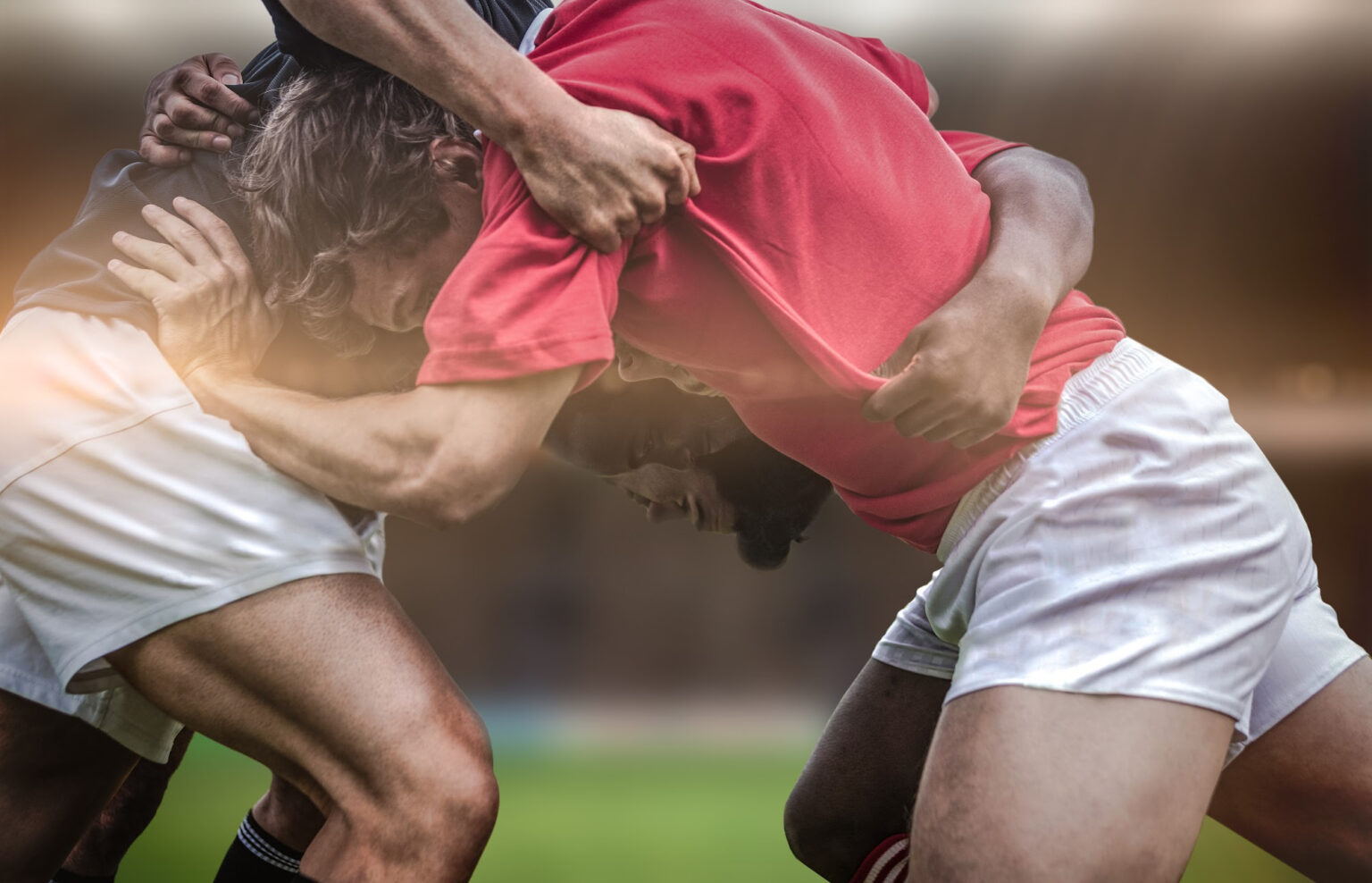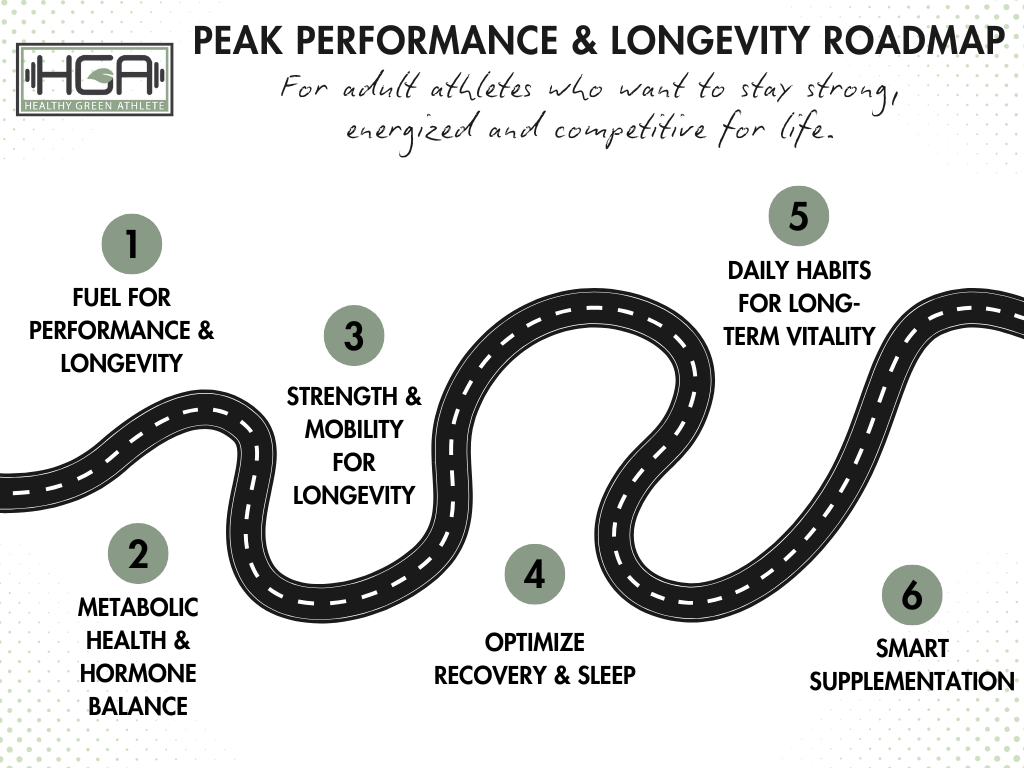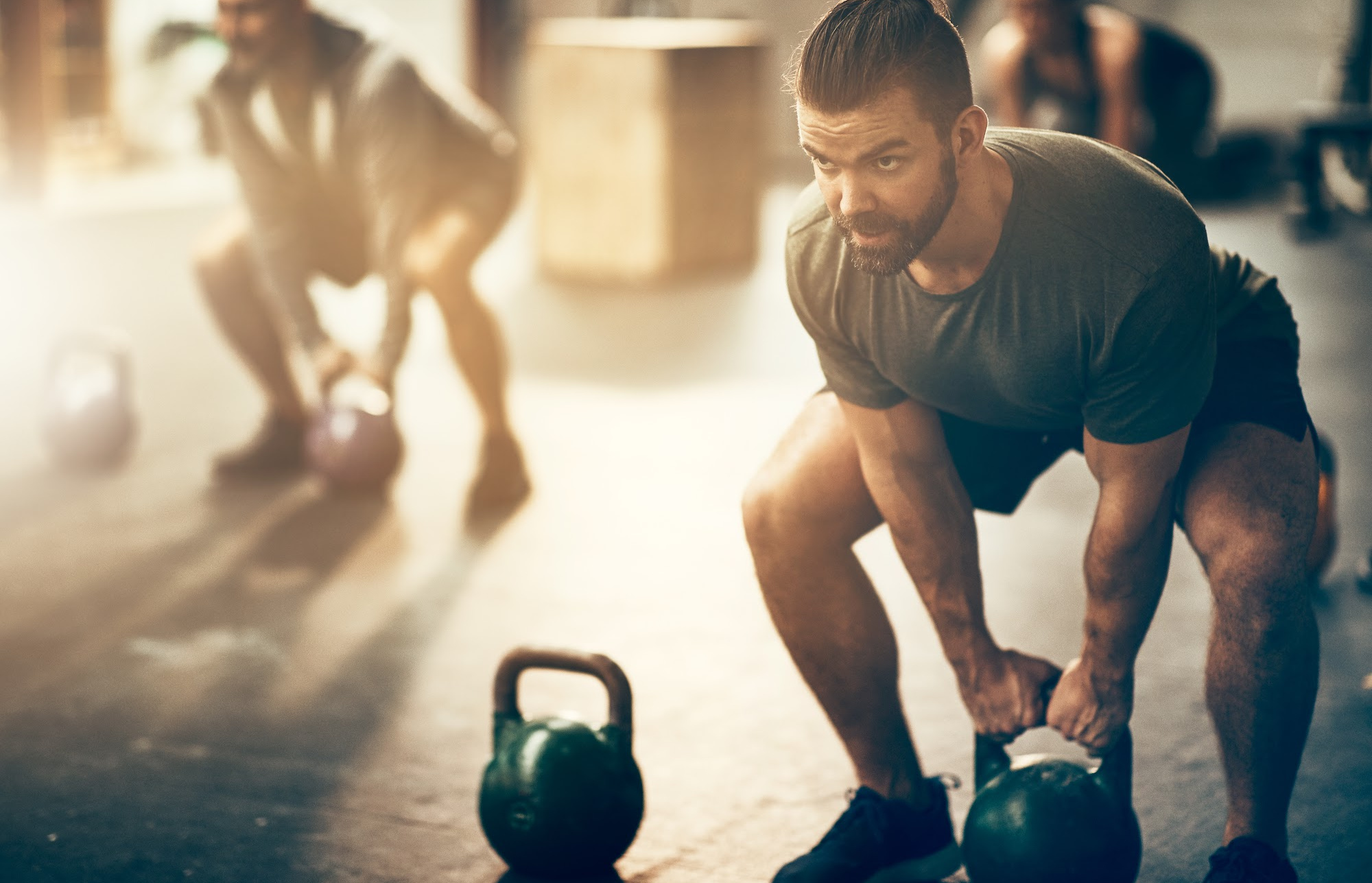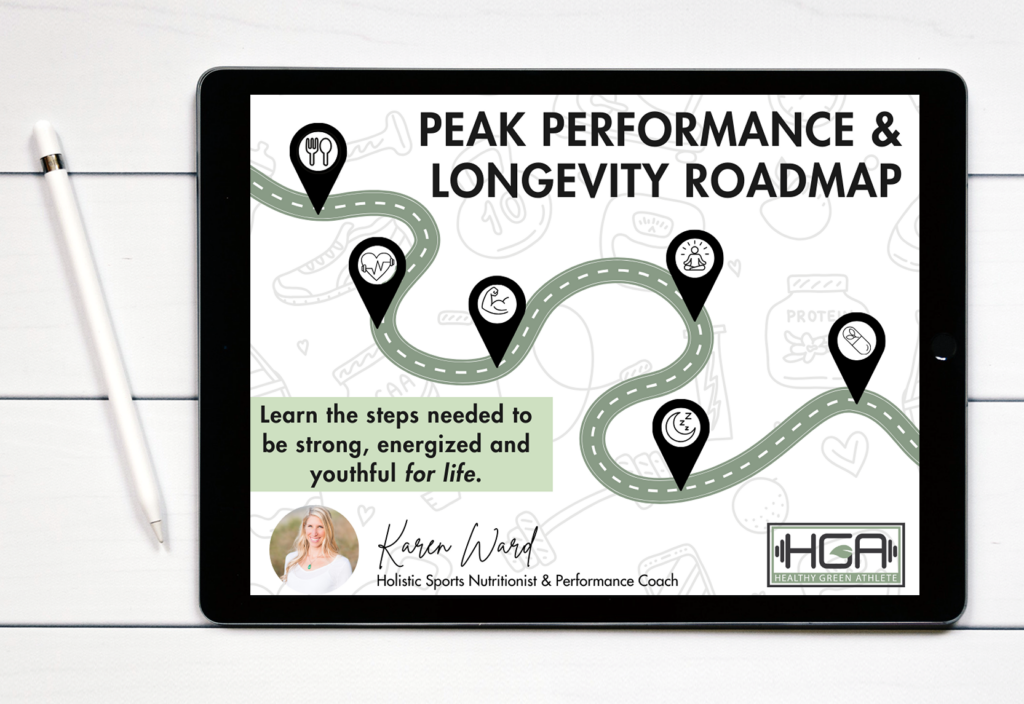Read time: 6 minutes, 15 seconds.
The benefits of mental toughness in competitive athletes are numerous. Athletes who possess strong mental fortitude are better able to handle the pressure of competition, stay focused, and maintain a positive attitude in the face of challenges. They are more resilient and able to bounce back from setbacks, which is a critical skill in sports where losing is a regular occurrence.
Also Read: Unlocking your Full Athletic Potential through Mental Training
Athletes with strong mental toughness are also better able to regulate their emotions, which can help them stay calm and composed in high-pressure situations. It helps athletes stay motivated, committed, and focused on their goals, especially when faced with obstacles. It’s very often the key factor in making a comeback to win when a team is losing. Overall, mental toughness is a crucial factor in athletic success, and athletes who develop this skill are better equipped to achieve their full potential.
Here are some strategies for boosting athlete mental toughness.
Set challenging goals.
Athletes should set challenging, but realistic goals that push them out of their comfort zones and help them develop mental toughness. This can be an effective way to push yourself to achieve more and grow as an individual. At the same time, you want to make sure you’re setting a goal that is attainable given your abilities and the resources available to you.
Also Read: Use Your Core Motivation Style to Set Goals
To set a goal that is challenging, make sure it’s something that is going to take a good amount of effort, commitment, and hard work to achieve. It also helps to break down this goal into smaller steps so that you can tackle more manageable pieces at one time.
Embrace discomfort.
Mental toughness involves pushing through discomfort and adversity. Athletes can develop mental toughness by seeking out and pushing through uncomfortable situations. These situations may arise in training and competition, or in life outside of that.
Embracing discomfort is a mindset that can help individuals push themselves beyond their limits and achieve their goals. When we step out of our comfort zones and expose ourselves to new challenges, we can develop new skills and grow as individuals. This means taking risks, facing challenges head-on, and making mistakes along the way. It requires a willingness to push past the fear of failure and embrace the uncertainty that comes with trying something new.
Also Read: Top 10 Daily Habits to Develop a Growth Mindset
It may be uncomfortable at first but with practice, it can become a habit. This will lead to greater confidence, resilience, and personal growth. Whether it’s taking on a new project, learning a new skill, or facing a fear, embracing discomfort can lead to greater fulfillment and achievement in life.
One book that I would highly recommend to learn more about this topic is The Comfort Crisis by Michael Easter. The phrase “comfort crisis” describes the modern phenomenon of people seeking comfort at all costs, often to the detriment of their physical and mental health. In today’s world, we are surrounded by conveniences and technology that make our lives easier and more comfortable than ever before.
This has led to a culture where many people have become complacent and unwilling to embrace discomfort or challenge themselves. We may avoid physical activity, healthy eating, or social interaction because it feels uncomfortable or inconvenient. This can lead to a sedentary lifestyle, poor health, and a lack of personal growth.
Constant exposure to technology and entertainment has made it difficult for individuals to disconnect and be present in the moment. Embracing discomfort and challenging ourselves can be uncomfortable, but it is necessary for personal growth, resilience, and fulfillment. To overcome the comfort crisis, we must be willing to step outside our comfort zones and embrace the discomfort that comes with growth and progress. Michael Easter gives practical tips and strategies in his book for doing so.
Develop a pre-game routine.
Pre-game routines are a series of activities or rituals that athletes perform in the lead-up to a game or competition. These routines help athletes to mentally and physically prepare for competition, build confidence, and reduce anxiety. They also help us get into the flow state, which I wrote about here.
Also Read: 9 Hacks to Improve Your Athletic Performance
Pre-game routines can vary widely between athletes and may include activities such as visualization, stretching, listening to music, or engaging in team-building exercises. The most effective routines (or rituals) are those that are specific to an athlete’s individual needs and preferences. Maintaining a consistent routine builds focus and strengthens discipline. It also creates a sense of structure and familiarity in the chaotic and unpredictable world of competition. Pre-game routines are an important tool for athletes to help them prepare mentally and physically for competition and can make a significant impact on their performance on the field.
Train in challenging environments.
I play in a sport where the conditions are never the same from one competition to the next. In sand volleyball tournaments, players have to endure extreme weather, sun, wind, fatigue, and various types of opponents. There are so many variables that make the sport challenging. Therefore, to increase chances of success it’s important to train in a different set of variables as much as possible.
One of my favorite phrases to use with athletes is “You compete how you practice“. This phrase emphasizes the importance of consistent and focused training in order to perform well in competition. The idea is that the way you play in practice is the way you compete. If you’re just going through the motions in practice, then you’re less likely to gain the competitive edge needed to win a competition. Success in competition is built upon a foundation of consistent and disciplined training – which is developed in practice.
Also Read: Training and Nutrition for Different Types of Athletes
Athletes who practice with intensity, focus, and attention to detail are more likely to perform well when the pressure is on in competition. Conversely, athletes who are lax or inconsistent in their training are more likely to struggle when the stakes are high. This concept applies not only to physical training, but also to mental preparation, nutrition, and recovery. By prioritizing consistent and focused training, athletes can maximize their potential and improve their chances of success in competition.
Develop coping strategies.
Developing effective coping strategies helps athletes manage stress, anxiety, and negative emotions. Having effective coping strategies is a good skill to have because these tools help individuals manage other challenges in their lives as well. It makes handling high-pressure situations a bit easier.
Coping strategies are behaviors, thoughts, and emotions that individuals use to manage difficult situations. Effective coping strategies serve as tools that help to maintain mental and emotional well-being, build resilience, and overcome obstacles. They can include a wide range of techniques, such as mindfulness, exercise, talking to friends or family, practicing self-care, seeking professional help, or engaging in hobbies or activities that bring joy and fulfillment.
The key to developing effective coping strategies is to identify what works best for you and get really good at them. With practice and perseverance, individuals can develop a toolkit of coping strategies that can help them navigate the challenges of life with greater ease and confidence.
Cultivate self-discipline.
The best way to cultivate self-discipline is to consistently follow through with positive choices no matter what. Stick to a routine or beneficial action even when you don’t feel like it. Self-discipline is a crucial skill that can help individuals achieve their goals and improve their lives. Self-discipline refers to the ability to control one’s behavior, thoughts, and emotions to stay focused on achieving long-term objectives.
There are several strategies that individuals can use to cultivate self-discipline that I write more about here. Or you can listen to my podcast episode on this topic here.
One effective method is to set clear and specific goals that are aligned with personal values and priorities. Another strategy is to create a routine and stick to it, even when it feels challenging or uncomfortable. Additionally, individuals can practice mindfulness and self-awareness, which can help them become more attuned to their own thoughts, feelings, and behaviors. Finally, it’s important to celebrate small victories along the way and to view setbacks and failures as opportunities to learn and grow. With consistent effort and practice, individuals can cultivate self-discipline and unlock their full potential.
Seek support.
The idea here is to surround yourself with positive and supportive people who can help you stay motivated and focused on your goals.
Also Read: 5 Tips To Achieve Your Goals Faster
This is a vital step in promoting personal growth and overcoming challenges. No one can go through life entirely on their own, and seeking support from others can provide valuable perspective, insight, and encouragement. There are many types of support that individuals can seek, including emotional, social, and professional support. Emotional support can come from friends, family, or mental health professionals, and can help individuals cope with stress, anxiety, or other emotional challenges. Social support can come from participating in group activities, such as team sports or volunteer organizations, and can help individuals build a sense of community and connection. Professional support can come from seeking out mentors or coaches who can provide guidance and advice on achieving personal or professional goals.
The key to seeking support is to recognize when you need it and to be willing to ask for help when necessary. By doing this, individuals can build resilience, improve their mental and emotional well-being, and achieve greater success and fulfillment in their lives. And of course, improve mental toughness.
In summary...
Mental toughness is a critical skill for athletes looking to succeed in sports and life. By developing resilience, cultivating a positive attitude, managing stress, building a support network, and embracing discomfort, athletes can improve their mental toughness and better handle the challenges that come with competition.
Athletes with strong mental fortitude are better equipped to handle the pressure of competition, stay focused, and maintain a positive attitude, which can help them bounce back from setbacks and achieve their full potential. Whether you are an athlete or not, developing mental toughness is a valuable skill that can help you overcome challenges and achieve success in all aspects of life.














One Comment
Pingback: